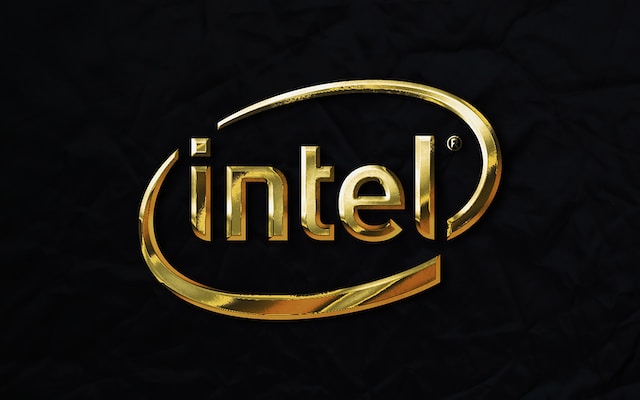Germany’s refusal to grant Intel’s request for additional subsidies for their chip plant has sent shockwaves through the tech industry. The decision comes as a surprise, considering the nation’s reputation for fostering innovation and attracting foreign investments. In this article, we delve into the details surrounding Germany’s rejection of Intel’s subsidy demand and examine the potential consequences for both parties involved.
Understanding Germany’s Tech Landscape:
Germany has long been recognized as a hub for technological advancements and cutting-edge research. With an emphasis on precision engineering and high-quality manufacturing, the country has cultivated a thriving tech industry that contributes significantly to its economic growth. However, Germany’s approach to providing subsidies is characterized by meticulous evaluation and strict adherence to guidelines to ensure the best allocation of resources.
Intel’s Subsidy Demand:
Intel, one of the world’s leading semiconductor manufacturers, had previously secured substantial subsidies from the German government for the establishment of a chip plant. However, the company’s recent request for additional financial assistance has encountered firm opposition. Intel’s demand for extra subsidies appears to be driven by unforeseen challenges or escalating costs associated with the construction or operation of the plant.
Germany’s Stance:
Germany’s refusal to grant Intel’s additional subsidy request is grounded in several factors. Firstly, the nation aims to maintain transparency and fairness in its subsidy distribution process, ensuring that public funds are allocated equitably among various industries. Secondly, Germany places a strong emphasis on financial sustainability, prioritizing long-term returns on investments made by both public and private entities.
Another critical aspect influencing Germany’s decision is the belief that Intel, as a highly profitable multinational corporation, possesses adequate financial resources to handle any unexpected challenges that arise during the establishment of the chip plant. The German government views subsidies as a means to foster innovation and support smaller, emerging businesses that lack the financial means to compete on a global scale.
Implications for Intel and Germany:
Germany’s refusal to provide additional subsidies undoubtedly poses challenges for Intel’s chip plant project. The company might now need to reassess its financial strategies and explore alternative avenues to address the potential obstacles it faces. This setback might also affect Intel’s perception of Germany as a favorable location for future investments.
From Germany’s perspective, the decision highlights the government’s commitment to fair competition and responsible fiscal management. It sends a clear message that subsidies should be allocated judiciously, benefiting those who genuinely require financial assistance. Additionally, the refusal demonstrates Germany’s determination to promote an ecosystem that supports and nurtures innovative startups, ensuring a level playing field for all.
Conclusion:
Germany’s firm refusal to grant Intel’s additional subsidy demand for their chip plant showcases the nation’s commitment to responsible financial management and supporting emerging businesses. While this decision may pose challenges for Intel’s project, it reaffirms Germany’s dedication to fostering fair competition and encouraging the growth of small enterprises. As the tech industry continues to evolve, it will be interesting to observe how this episode shapes future subsidy allocation and investment decisions in Germany.












